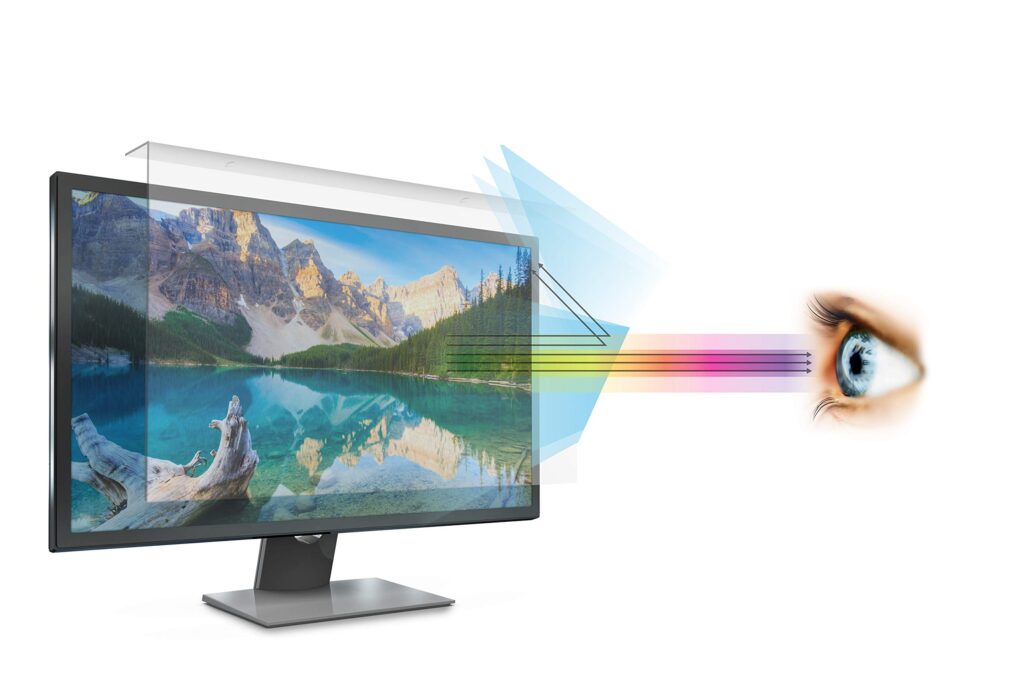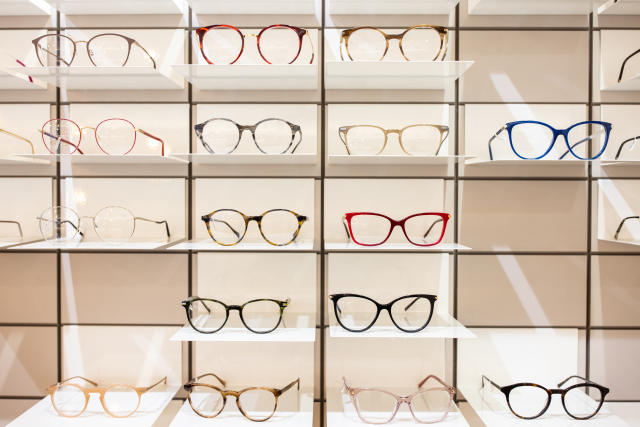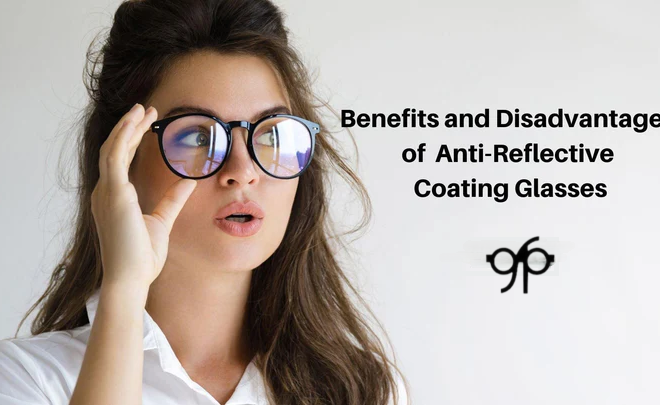
Blue Light Filter: Does It Really Protect Your Eyes?
As our dependence on digital screens increases, the issue of blue light has become more prominent. The blue light emitted by devices such as computers, smartphones, and tablets raises questions about its impact on eye health. In response, blue light filtering glasses have emerged as a trending solution. But do these glasses really work? In this article, we’ll explore what blue light is, how it affects your eyes, and whether blue light filters are truly effective.
⸻
What Is Blue Light?
Blue light is a high-energy, short-wavelength part of the visible light spectrum. While the sun is the biggest natural source of blue light, artificial sources such as LED screens, smartphones, computers, and TVs also emit it. Especially at night, prolonged exposure to blue light can disrupt our biological rhythms.
⸻
Effects of Blue Light on Eye Health
- Eye Strain and Digital Eye Syndrome:
Staring at screens for extended periods can strain the eye muscles, causing dryness, blurry vision, and difficulty focusing—collectively known as “digital eye syndrome.” - Disruption of Sleep Patterns:
Blue light suppresses the secretion of melatonin, a hormone that regulates sleep, making it harder to fall asleep. Exposure to screens at night may significantly reduce sleep quality. - Impact on the Retina:
Some studies suggest that long-term exposure to high amounts of blue light might damage retinal cells. However, more conclusive scientific evidence is needed.
⸻
What Is a Blue Light Filter and How Does It Work?
Blue light filtering glasses use special coatings that block or absorb short-wavelength light before it reaches your eyes. Some have a slightly yellow tint, while others appear clear but still offer protection.
Their primary goal is to reduce digital eye strain and provide a more comfortable screen experience.

Are They Really Effective?
There are several studies on this topic. Some suggest that blue light filters improve sleep and reduce eye strain. For example:
• A 2017 study showed participants who used blue light filters had better sleep quality.
• However, some experts believe the benefits may vary from person to person and shouldn’t be overestimated.
While not a miracle solution, blue light glasses can offer relief for people who spend hours in front of screens.
⸻
Who Should Use Blue Light Filters?
• Anyone spending more than 4 hours a day in front of screens
• Freelancers, developers, office workers
• Students and late-night readers
• People with sleep disorders
Blue light filtering glasses can be a helpful tool for those who spend extended time in front of screens. However, protecting your eyes goes beyond just wearing glasses. Following the 20-20-20 rule (every 20 minutes, look at something 20 feet away for 20 seconds), limiting screen time, and getting regular eye exams are also essential for maintaining healthy vision.



